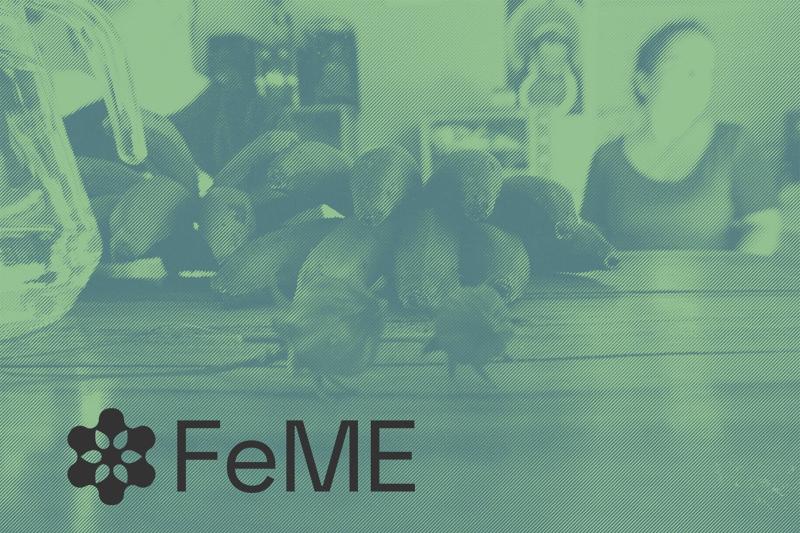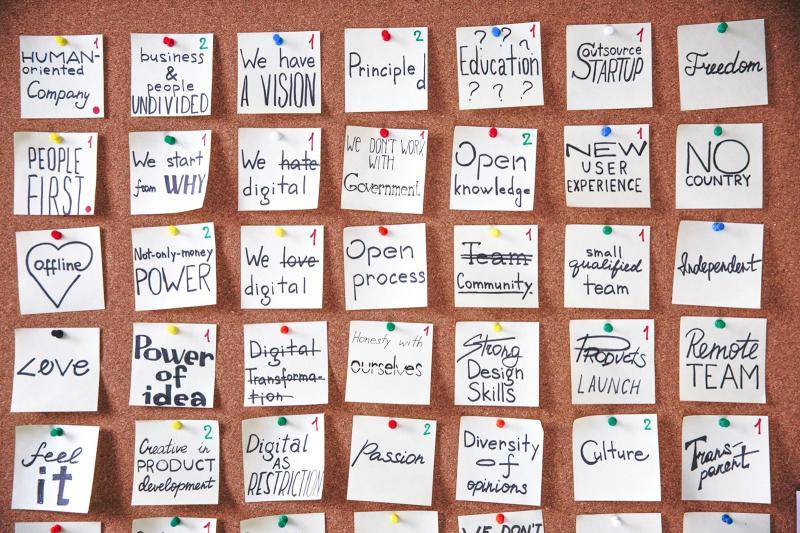Studying system's behaviour and designing interventions for system's change.
We know that many problems in soft systems that are the most difficult to solve, e.g., transition to Net Zero and sustainable development more broadly are rooted in behaviour. Traditionally, the assumption was that if the conditions are right, the behaviour would adjust, however, in messy and wicked problems, such as the context of climate change, if behavioural change is left to the market to solve, it will be too late. To help us design better interventions for accelerated behavioural change, we focus on analysing systems, their structure, boundaries and behaviour, and identifying key pressure points. We also focus understanding why individuals and organisations behave as they do, and investigating why and how gamification works as an intervention, e.g., through longitudinal studies of the impact of interventions, so as to help individuals, organisations and society accelerate transition to sustainable development through better interventions.

Playing with Food: Using Games to Engage with the Complexity of Sustainable Agri-food Systems
Our project uses playful learning and interactive games to explore the complex challenges facing agri-food systems, encouraging people to think about sustainability, trade-offs, and possible futures.

Failure Modes of Engineering (FeME): a network for future inclusivity, sustainability, and global impact
FeME is a global interdisciplinary research network led by 15 women academics from the University of Edinburgh, University of Glasgow and Heriot-Watt University.

GRID – Games for Research and Interdisciplinary Dialogue
Games for Research and Interdisciplinary Dialogue (GRID) is an interdisciplinary research project that tackles challenges in collaborative research.

Gamifying Performance Management
Traditional performance measurement systems are often criticised for focusing on technical, process and financial dimensions of managing performance. They tend to overlook the social dimension and instead create a command-and-control environment, which can lead to fear and disengagement among employees.

Caring for carers: innovating for workplace health and wellbeing support
This project aims to develop an innovative digital intervention which will help individuals better understand the ways in which their health, work and wider lives interact.